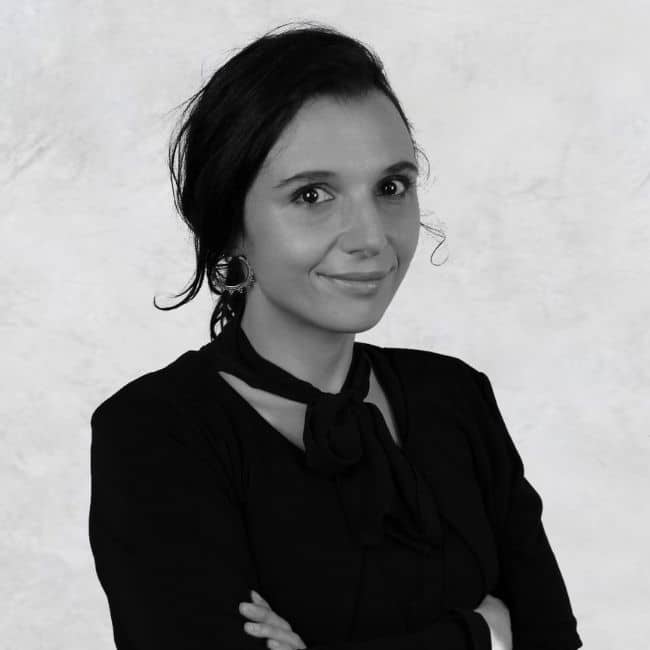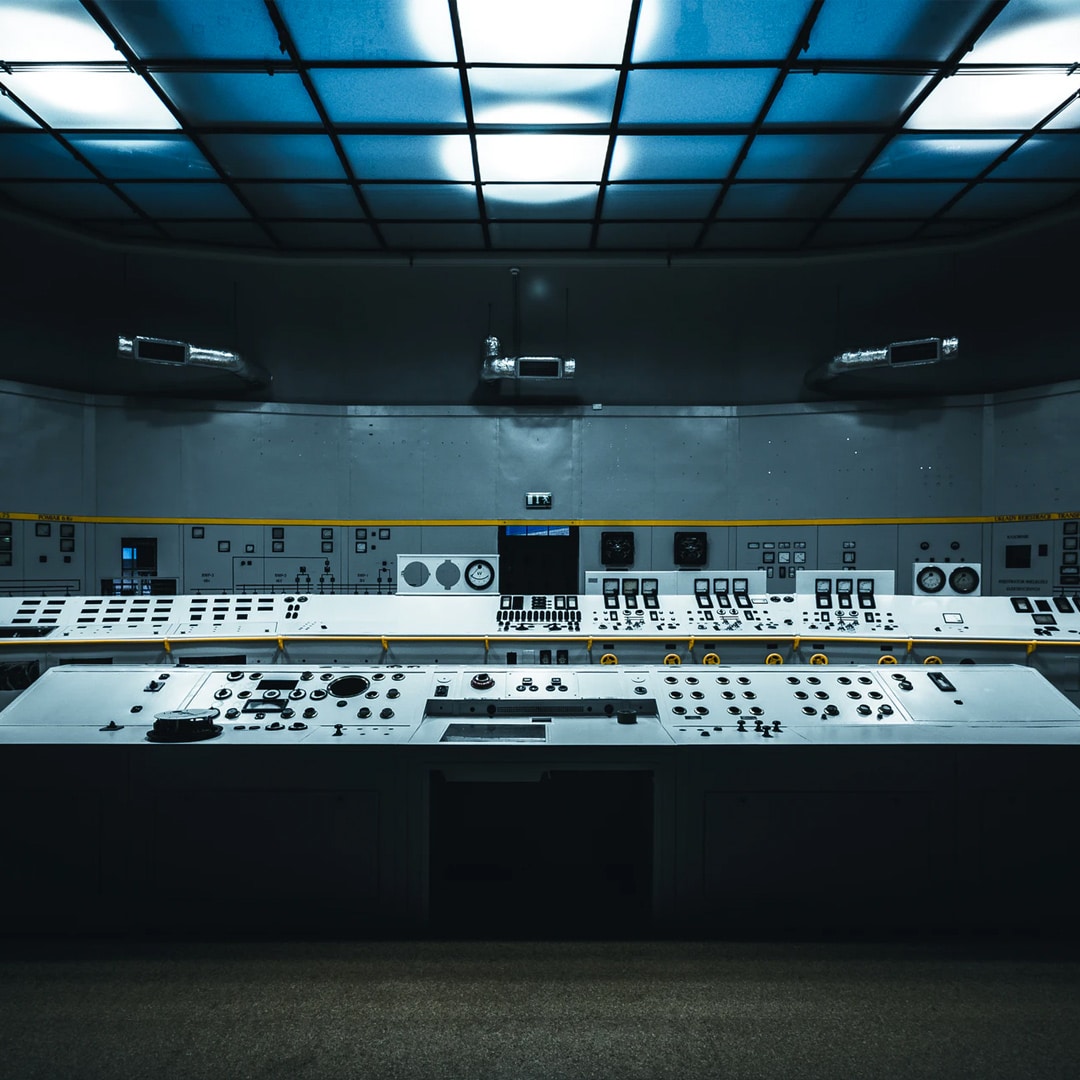
On plagiarism, fairness and AI
Opinion + AnalysisScience + Technology
BY Stella Eve Pei-Fen Browne 19 APR 2024
Plagiarism is bad. This, of course, is by no means a groundbreaking or controversial statement, and seems far from a problem that is “being overlooked today”.
It is generally accepted that the theft of intellectual property is immoral. However, it also seems near impossible for one to produce anything truly original. Any word that one speaks is a word that has already been spoken. Even if you are to construct a “new” word, it is merely a portmanteau of sounds that have already been used before. Artwork is influenced by the works before it, scientific discoveries rely on the acceptance of discoveries that came before them.
That being said, it is impractical to not differentiate between “homages”, “works influenced by previous works”, and “plagiarism”. If I was to view the Mona Lisa, and was inspired by it to paint an otherwise completely unrelated painting with the exact same colour palette, and called the work my own, there is – or at least, seems to be – something that makes this different from if I was to trace the Mona Lisa and then call it my own work.
So how do we draw the line between what is plagiarism and what isn’t? Is this essay itself merely a work of plagiarism? In borrowing the philosopher Kierkegaard’s name and arguments – which I haven’t done yet but shall do further on – I give my words credibility, relying on the authority of a great philosopher to prove my point. Really, the sparse references to his work are practically word-for-word copies of his writing with not much added to them. How many references does it take for a piece to become plagiarism?
In the modern world, what it means to be a plagiarist is rapidly changing with the advent of AI. Many schools, workplaces, and competitions frown upon the use of AI; indeed, the terms of this very essay-writing contest forbid its use.
Many institutions condemn the use of AI on the basis that it is lazy or unfair. The argument is as follows (though, it must be acknowledged that this is by no means the logic used by all institutions):
- It is good to encourage and reward those who put consistent effort into their work
- AI allows people to achieve results as good as others with minimal effort
- This is unfair to those who put effort into doing the same work
- Therefore, the use of AI should be prohibited on the grounds of its unfairness.
However, this argument is somewhat weak. Unfairness is inherent not only in academic endeavours, but in all aspects of life. For example, some people are naturally talented at certain subjects, and thus can put in less effort than others while still achieving better results. This is undeniably unfair, but there is nothing to be done about it. We cannot simply tell people to become worse at subjects they are talented at, or force others to become better.
If a talented student spends an hour writing an essay, and produces a perfectly written essay that addresses all parts of the marking criteria, whereas a student struggling with the subject spends twenty-four hours writing the same essay but produces one which is comparatively worse, would it not be more unfair to award a better mark to the worse essay merely on the basis of the effort involved in writing it?
So if it is not an issue of fairness, what exactly is wrong with using AI to do one’s work?
This is where I will bring Kierkegaard in to assist me.
Writing is a kind of art. That is, it is a medium dependent on creativity and expression. Art is, according to Kierkegaard, the finding of beauty.
The true artist is one who is able to find something worth painting, rather than one of great technical skill. A machine fundamentally cannot have a true concept of subjective “beauty”, as it does not have a sense of identity or subjective experiences.
Thus, something written by AI cannot be considered a “true” piece of writing at all.
“Subjectivity is truth” — or at least, so concludes Johannes Climacus (Kierkegaard’s pseudonym). The thing that makes this essay an original work is that I, as a human being, can say that it is my own subjective interpretation of Kierkegaard’s arguments, or it is ironic, which in itself is still in some sense stealing from Kierkegaard’s works. Either way, this writing is my own because the intentions I had while creating it were my own.
And that is what makes the work of humans worth valuing.
‘On plagiarism, fairness and AI‘ by Stella Eve Pei-Fen Browne is one of the Highly Commended essays in our Young Writers’ Competition. Find out more about the competition here.

Ethics in your inbox.
Get the latest inspiration, intelligence, events & more.
By signing up you agree to our privacy policy
You might be interested in…
Explainer
Science + Technology
Ethics Explainer: The Turing Test
Big thinker
Politics + Human Rights, Science + Technology
Big Thinker: Francesca Minerva
Opinion + Analysis
Business + Leadership, Science + Technology
Meet Aubrey Blanche: Shaping the future of responsible leadership
Opinion + Analysis
Business + Leadership, Relationships, Science + Technology




